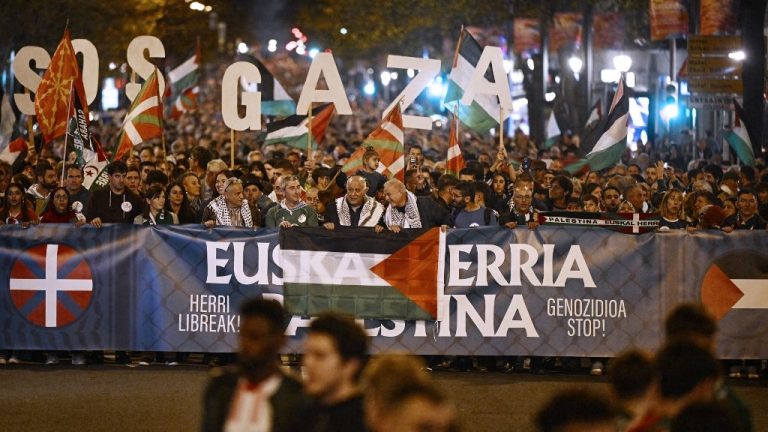This article is excerpted from Futebol Nation: The Story of Brazil Through Soccer by David Goldblatt, out now from Nation Books.
The Confederations Cup began life as a PR exercise for the House of Saud. Having built one of the most opulent but underused stadiums in the world—the King Fahd—the Saudis created the tournament in 1992 to fill up the schedule and play soft-power football politics. The cup pitted their own national side against a selection of leading international teams invited on an all-expenses-paid jaunt. The King Fahd Cup was held again in 1995 and 1997, with the Saudis attempting to invite all the sides that had won their continental competitions (like the European Championships and the Asian Cup). In 2001, the tournament passed into the hands of FIFA, who have since staged it on a four-year basis as a warm-up and dress rehearsal for the World Cup. Korea-Japan 2001, Germany 2005, and South Africa 2009 all passed without comment or much incident. Brazil 2013 was meant to be the same.
Through the autumn of 2012 and into early 2013 there were small but visible signs of discontent. The Comitê Popular da Copa e Olimpíadas, which had cut its teeth as the main opposition to the Pan American Games, maintained its regular protests in Rio and other cities over the wastefulness and corruption of the World Cup infrastructure program, attracting 3,000 to 4,000 people to their anti-privatization marches on the Maracanã.




